After Mr. Trump raised import tariffs to 145% on Chinese goods and Beijing responded with tariffs of 125% on American goods, the two sides reached an agreement in Geneva to. Specifically, the two countries agreed to reduce tariffs by 115 percentage points within 90 days from May 12.
However, the 30% US tariff on all Chinese goods remains in place, and Beijing also maintains a 10% tariff on US goods. US Treasury Secretary Scott Bessent admitted that further negotiations have “stalled” and that a direct phone call between Mr. Trump and President Xi Jinping is needed to break the deadlock.
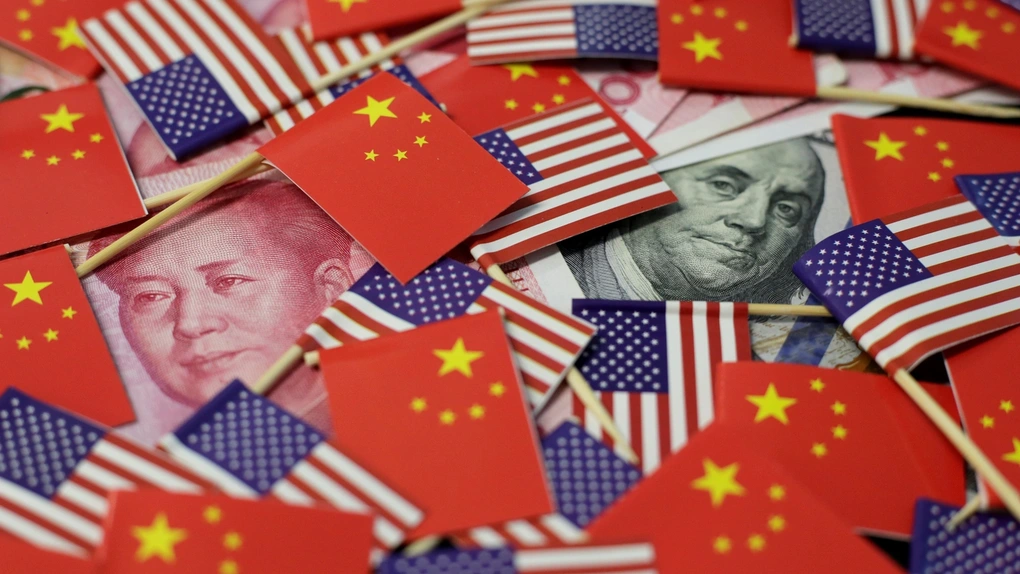
On May 12, the US and China agreed to suspend tariffs on each other's goods for 90 days (Photo: Reuters).
The US opens the technology front: Huawei and the "siege" of AI chips
Immediately after the tariff deal was reached, the US Commerce Department immediately warned technology companies against using Ascend chips from Huawei - a major rival of Nvidia in the AI field. Washington said that these chips could be developed with technology that violates the US export ban.
Not stopping there, the US has asked the three largest chip design software companies, Cadence, Synopsys and Siemens EDA, to stop providing technology to China. This is a direct blow to the semiconductor ecosystem that Beijing is trying to build.
The ban is not limited to AI, but also affects China's aerospace ambitions. Specifically, the C919 commercial aircraft program, the pride of its air transport autonomy strategy, could be at risk due to a lack of electronic components.
Christopher Johnson, a former CIA China analyst, warned that the US’s inconsistent actions “exposed the fragility of the Geneva agreement.” He did not rule out the possibility that the “ceasefire” would collapse before the 90-day deadline.
Rare earth minerals: Bargaining chips
Another important piece in the US-China tension is rare earth minerals - indispensable ingredients in cutting-edge industries such as defense, healthcare , electric vehicles and high technology.
Despite accounting for 90% of the world’s rare earth processing capacity, China recently tightened its exports in response to the “Liberation Day” tariffs announced by Mr. Trump.
This immediately created supply chain shocks. Ford’s Chicago plant was forced to temporarily shut down due to a shortage of rare earth magnets – critical components in the steering, braking and control systems of vehicles, especially self-driving cars.
U.S. officials had hoped the Geneva deal would ease the restrictions, but Beijing has so far shown no signs of backing down. On the contrary, the export controls could give China more bargaining power in future rounds of negotiations.
Behind the temporary truce, the US moves reveal a long-term strategy to restrict China’s access to core resources for technological innovation, from equipment (chip design software) to raw materials (rare earths).
China, despite the pressure from tariffs, still holds many strategic cards. With its dominant role in rare earth processing and the technology manufacturing ecosystem, Beijing is well positioned to respond if negotiations continue to stall.
Source: https://dantri.com.vn/kinh-doanh/thuong-mai-my-trung-thue-quan-ha-nhiet-cong-nghe-nong-len-20250601223724117.htm










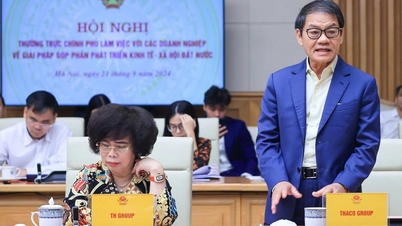


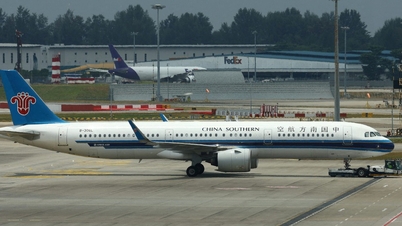
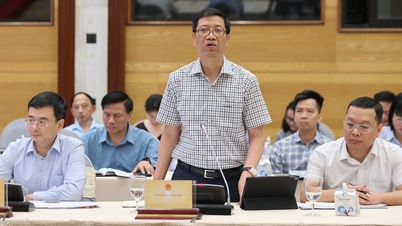
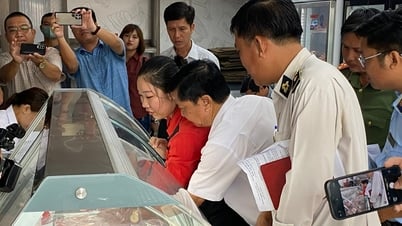





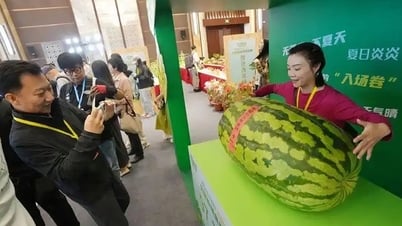







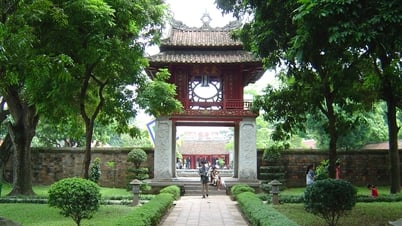















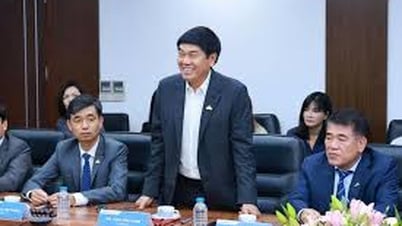






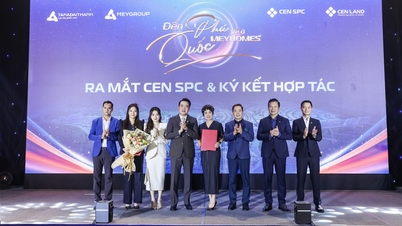

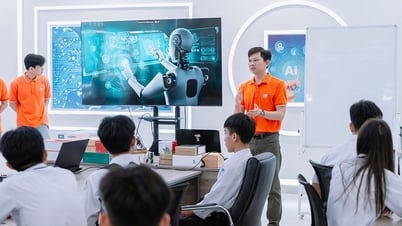
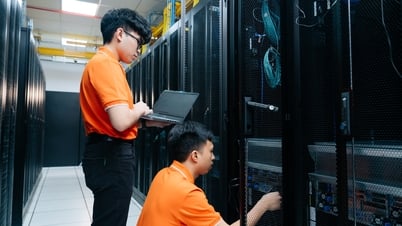

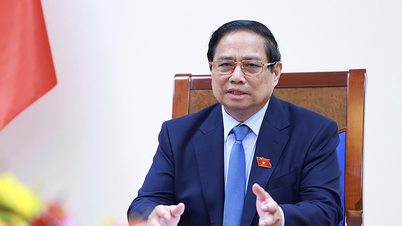
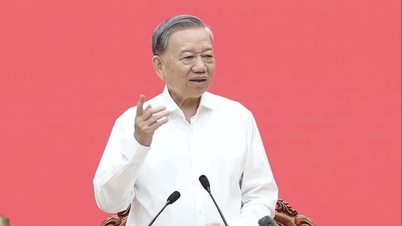

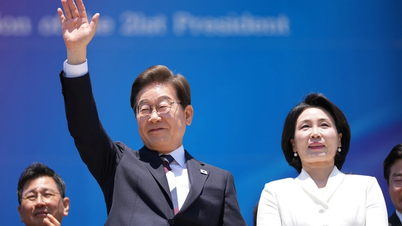




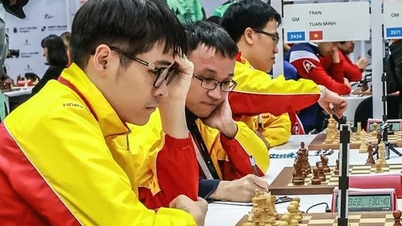




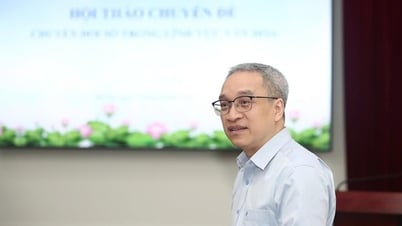

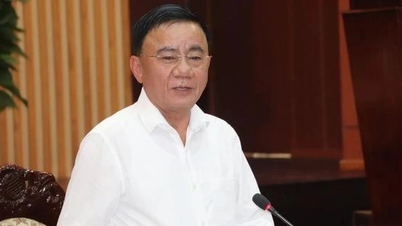




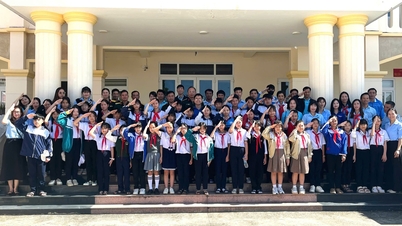




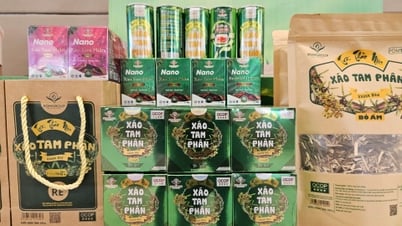



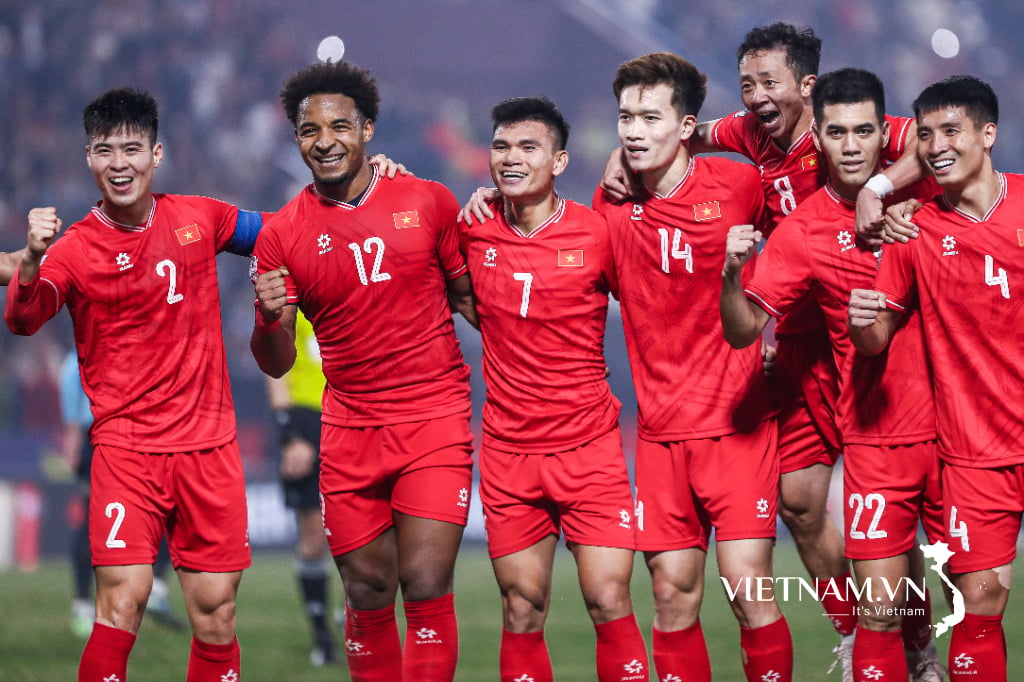

Comment (0)